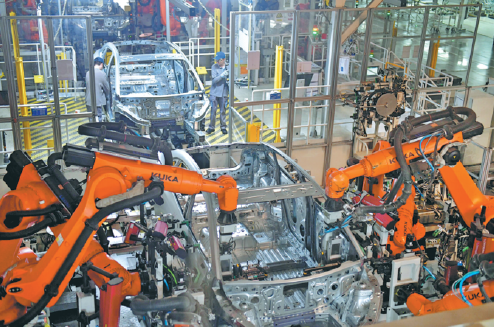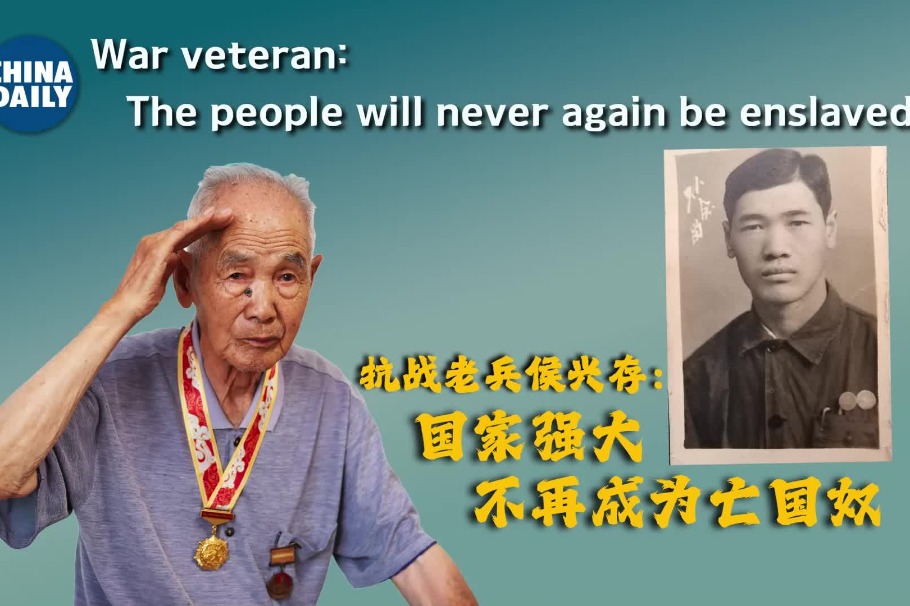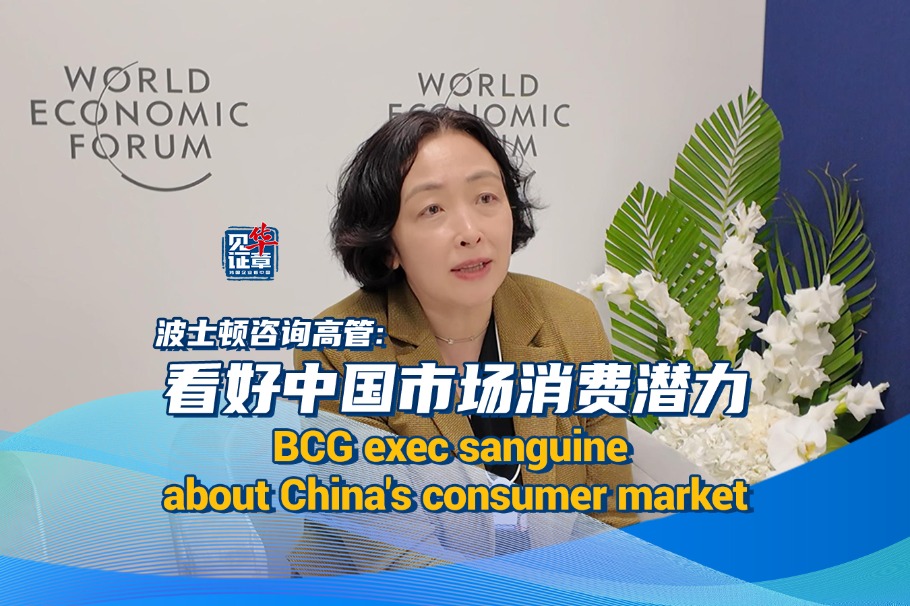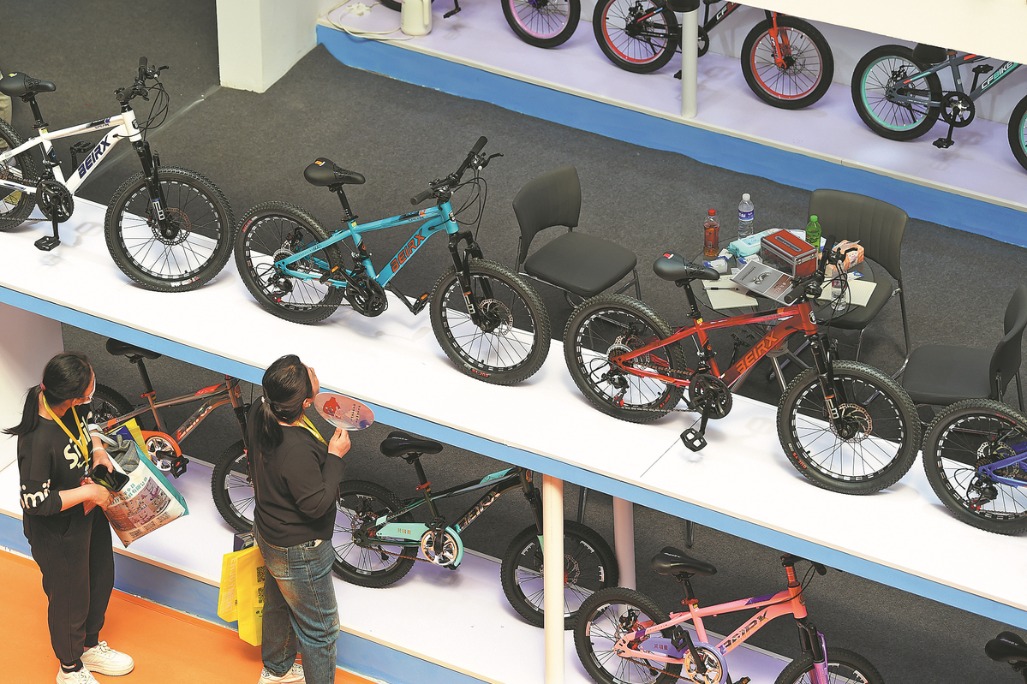Nio expects to turn profitable in Q4

Chinese electric vehicle maker Nio said it is confident to "turn profitable" in the fourth quarter of this year, as the company sees delivery volumes stabilizing, margins improving and a global expansion strategy taking shape under a new partnership-led model.
"We delivered around 24,925 vehicles in June, and the momentum is clearly building," said Nio founder and CEO Li Bin on Tuesday.
"We're confident about hitting our fourth-quarter profitability target. The teams are executing better, the product mix is improving, and the cost structure is getting more efficient," Li said.
The company's delivery rebound comes as Nio prepares to launch three major models in the second half of the year. Li said its L90, in particular, is poised to "redefine the family SUV segment" with its spacious design and innovations like a front storage compartment.
Li also highlighted the strong early performance of the Firefly — a compact EV targeting entry-level users. "Its June sales exceeded combined sales of the BMW Mini and the Smart EVs," he said.
In a significant strategic shift, Nio is moving away from a direct-sales model in global markets. After operating its own stores and swap stations in Europe, the company now plans to work through local partners for overseas market development, Li said.
"We realized that globalization in this industry can't be rushed. It needs deep local roots. That's why we're changing our approach — Nio provides the products and service systems, and our partners handle market execution."
The comments come as China's EV industry increasingly positions itself not just as a manufacturing powerhouse, but as a leader in smart mobility innovation. Li pointed to China's unique combination of market scale, full-stack industrial capabilities and rapidly maturing tech infrastructure as key advantages.
"Ten years ago, foreign carmakers viewed China only as a supply chain base," he said. "Now we have the complete system — design, chipmaking, manufacturing and intelligent infrastructure."
Nio has invested heavily in developing in-house technologies, including its own automotive-grade autonomous driving chips. The company was among the first batch of companies in China to mass-produce such chips, and it continues to prioritize safety in its autonomous driving rollouts.
"The real value of autonomy isn't just convenience. It's about preventing accidents," Li said. "We've always put safety first — from emergency braking to visual recognition — and we design our computing architecture to ensure performance can last a decade."
Li also reaffirmed Nio's longstanding commitment to battery swapping, with plans to reach more highway swap stations in the near term and extend coverage to county-level regions across China. "If every 180 kilometers has a swap station, long-distance EV travel becomes truly stress-free," he added.
While the company remains focused on the Chinese market — where EV adoption is fastest — Li said international ambitions remain intact, just on a more patient timeline.
Nio's factory is located in the Hefei Economic and Technological Development Area, one of China's most high-performing industrial clusters. In 2024, its GDP grew by 8.5 percent, ranking seventh among 229 national-level zones.
"By integrating science and innovation with advanced manufacturing, Hefei is building world-class industrial clusters," said Wang Peng, deputy director of the area's investment promotion bureau.
Home to over 1,200 large-scale enterprises, including Nio, Volkswagen Anhui and Lenovo, the area has attracted more than 90 projects from leading foreign companies and has built strong multimodal logistics capabilities.
Wang added that the area has become one of the world's leading hubs for EV research and development, and production, with more than 15,000 automotive R&D professionals.

Today's Top News
- French air traffic strike hits summer travel plans
- European companies call on EU to delay start of AI Act
- Taiwan youth urged for more participation
- China, EU stand ready to strengthen partnership
- Visionary Pathway: A blueprint shaped for the people
- China and the EU seek to build foundation on which to further deepen their relations






























